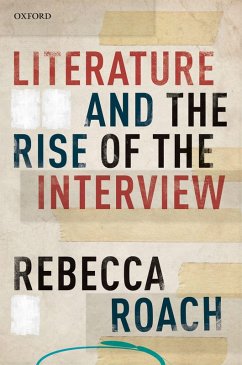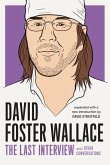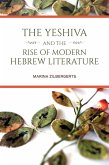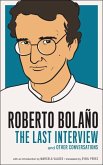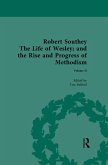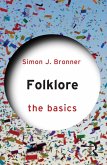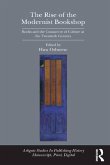Today interviews proliferate everywhere: in newspapers, on television, and in anthologies; as a method they are a major tool of medicine, the law, the social sciences, oral history projects, and journalism; and in the book trade interviews with authors are a major promotional device. We live in an 'interview society'. How did this happen? What is it about the interview form that we find so appealing and horrifying? Are we all just gossips or is there something more to it? What are the implications of our reliance on this bizarre dynamic for publicity, subjectivity, and democracy? Literature and the Rise of the Interview addresses these questions from the perspective of literary culture. The book traces the ways in which the interview form has been conceived and deployed by writers, and interviewing has been understood as a literary-critical practice. It excavates what we might call a 'poetics' of the interview form and practice. In so doing it covers 150 years and four continents. It includes a diverse rostrum of well-known writers, such as Henry James, T. S. Eliot, Ezra Pound, Djuna Barnes, William Burroughs, Philip Roth, J. M. Coetzee and Toni Morrison, while reintroducing some individuals that history has forgotten, such as Betty Ross, 'Queen of Interviewers', and Julian Hawthorne, Nathaniel's profligate son. Together these stories expose the interview's position in the literary imagination and consider what this might tell us about conceptions of literature, authorship, and reading communities in modernity.
Dieser Download kann aus rechtlichen Gründen nur mit Rechnungsadresse in A, B, BG, CY, CZ, D, DK, EW, E, FIN, F, GR, HR, H, IRL, I, LT, L, LR, M, NL, PL, P, R, S, SLO, SK ausgeliefert werden.

